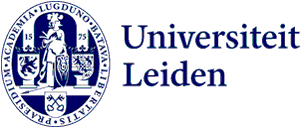
Jenny Doetjes investigates 'How much' with NWO Open Competition grant
Professor Jenny Doetjes has received an NWO grant to research the cross-linguistic properties of quantity expressions and our brain's influence on language.
'We represent quantities in language, but also in our heads. What we want to explore is whether there are parallels between the ways that happens in language and in our brains,' Doetjes explains. 'A quantity can be a number, but it can also correspond to a certain volume or weight, like “kilo” for example. On the one hand, there are parallels between the way numbers are represented and other types of quantities, but there are also differences. Something similar can be found in language: some expressions can only be used to describe numbers (two, some) and others for all kinds of quantities (many, few).'
A database of languages from around the world
For the study, scientists will create a database of quantity expressions from a large number of languages from around the world. This will allow them to test what cross-linguistic similarities and differences there are, and whether the patterns found can be understood with what we already know through cognitive research about how the brain processes quantities.
Doetjes: 'Initially, we will focus on collecting a lot of data from many languages, but a small number of languages about which a relatively large amount is already known will be studied in more detail. In language corpora of Dutch, Mandarin and Indonesian, we will see if we can actually find certain predicted effects, despite the fact that these three languages are different.'
A new look at languages
Doetjes herself finds it fascinating to look at grammars of unrelated languages. 'To understand how language works you need a lot of information about a lot of languages. We already know a lot about some languages (such as English and Dutch), but to really understand the phenomenon of language, we need to look at other languages. I’m looking forward to gaining more insight into the patterns in language together with my research group.'
